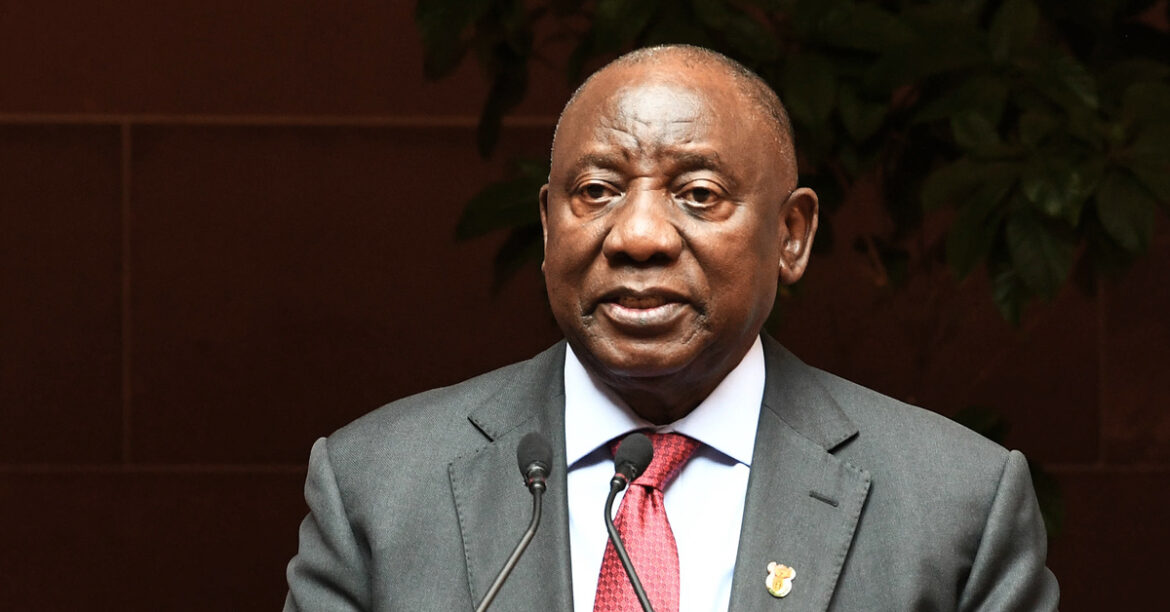President Cyril Ramaphosa’s much-anticipated National Dialogue is facing fierce criticism just days before its official launch on August 15 — with opponents slamming the R700 million initiative as a “PR exercise in disguise.”
Billed as a unifying National Convention to tackle South Africa’s deep-rooted challenges — poverty, inequality, unemployment — the Dialogue has instead ignited division. Civil society organisations and prominent political figures are turning away, questioning both the legitimacy and the staggering cost of the undertaking.
“It’s neither national nor a dialogue,” said Paul Maritz, campaigns director for Free SA. “Entire sectors are excluded. This is a Trojan horse for political deals behind closed doors.”
Heavyweights like the Democratic Alliance (DA), the MK Party, and respected legacy institutions — the Thabo Mbeki, Steve Biko, and Desmond Tutu Foundations — have all withdrawn, citing a lack of transparency, poor planning, and political overreach.
Activist groups, including #NotInMyName and the Labour Party of South Africa, have joined the chorus of disapproval, calling for the suspension of the event altogether. Their concern? That critical public funds are being funneled into a vague and elite-driven process while South Africans grapple with collapsing public services and rising poverty.
Despite the backlash, the Presidency has defended the Dialogue, claiming the R700 million figure is misleading and will be offset by in-kind contributions and existing departmental budgets. Ramaphosa insists it’s a step toward forging a new social compact and rebuilding national unity.
But with major players pulling out and pressure mounting, questions loom large: Can a national dialogue be truly effective without national buy-in — or is this just another expensive conversation with no answers?
